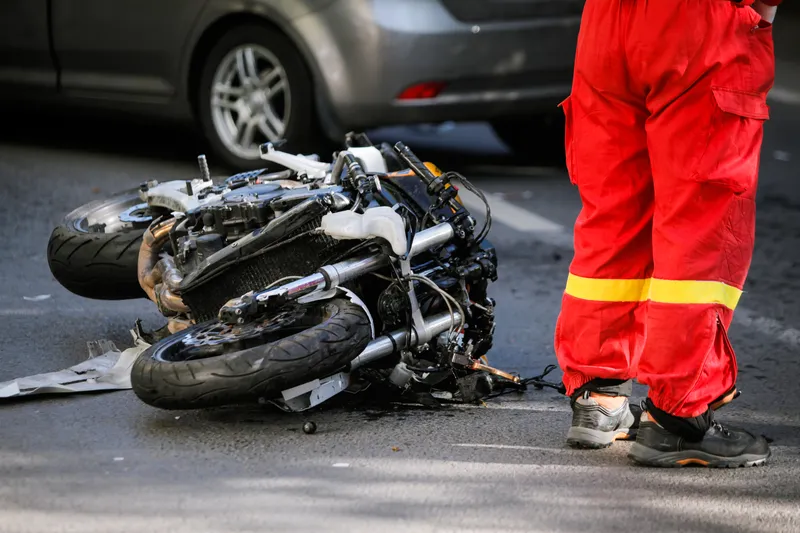Embarq, the World Resources Institute’s centre for sustainable transport, has released the draft “Traffic Safety on Bus Corridors” guidelines to improve traffic safety worldwide. Based on more than two years of research, the guidelines are part of the Road Safety in 10 Countries (RS10) project, funded by Bloomberg Philanthropies.
June 1, 2012
Read time: 2 mins
RSS2091 EMBARQ, the 4722 World Resources Institute’s centre for sustainable transport, has released the draft “Traffic Safety on Bus Corridors” guidelines to improve traffic safety worldwide. Based on more than two years of research, the guidelines are part of the Road Safety in 10 Countries (RS10) project, funded by Bloomberg Philanthropies.
The guidelines are based on findings from a two-year research project which evaluated safety, operations, and accessibility on major bus corridors and bus rapid transit (BRT) systems in 18 cities around the world.
“BRT and bus routes are often located on major urban roads, which have the highest concentration of traffic crashes in cities,” said Claudia Adriazola, director of Embarq’s Health and Road Safety programme. “A new BRT system can attract a lot of pedestrians to these areas, so it is crucial to help cities understand how to maximise safety for everyone on the road.”
The purpose of the draft planning and design guidelines is to provide bus agencies, local jurisdictions, and regional and international organisations with a set of suggested design, planning, and operational criteria for bus systems, including BRT corridors. The guidelines include recommendations for street design, intersections, stations, and station access, as well as transfers and terminals.
“Data has shown that after the implementation of some BRT systems, such as TransMilenio in Bogota or Macrobus in Guadalajara, crashes and fatalities on these corridors dropped by as much as 50 per cent,” said Dario Hidalgo, director of Embarq’s Research and Practice and an author of the guidelines. “Not all bus systems have had a positive impact on safety, and in some cases, there is still considerable room for improvement, which is why Embarq developed these guidelines to improve traffic safety.”
The research included iconic BRT systems in places like Curitiba and Bogota, Colombia, megacities Mexico City and Rio de Janeiro, as well as examples from New Delhi and Ahmedabad, India, and Brisbane, Australia.
During the next six months, experts are invited to provide feedback on the content, methodology, feasibility, and usefulness of the safety recommendations. The feedback will be incorporated into the final version of the guidelines, to be released in 2013.
To read the full report visit: www.embarq.org.
The guidelines are based on findings from a two-year research project which evaluated safety, operations, and accessibility on major bus corridors and bus rapid transit (BRT) systems in 18 cities around the world.
“BRT and bus routes are often located on major urban roads, which have the highest concentration of traffic crashes in cities,” said Claudia Adriazola, director of Embarq’s Health and Road Safety programme. “A new BRT system can attract a lot of pedestrians to these areas, so it is crucial to help cities understand how to maximise safety for everyone on the road.”
The purpose of the draft planning and design guidelines is to provide bus agencies, local jurisdictions, and regional and international organisations with a set of suggested design, planning, and operational criteria for bus systems, including BRT corridors. The guidelines include recommendations for street design, intersections, stations, and station access, as well as transfers and terminals.
“Data has shown that after the implementation of some BRT systems, such as TransMilenio in Bogota or Macrobus in Guadalajara, crashes and fatalities on these corridors dropped by as much as 50 per cent,” said Dario Hidalgo, director of Embarq’s Research and Practice and an author of the guidelines. “Not all bus systems have had a positive impact on safety, and in some cases, there is still considerable room for improvement, which is why Embarq developed these guidelines to improve traffic safety.”
The research included iconic BRT systems in places like Curitiba and Bogota, Colombia, megacities Mexico City and Rio de Janeiro, as well as examples from New Delhi and Ahmedabad, India, and Brisbane, Australia.
During the next six months, experts are invited to provide feedback on the content, methodology, feasibility, and usefulness of the safety recommendations. The feedback will be incorporated into the final version of the guidelines, to be released in 2013.
To read the full report visit: www.embarq.org.







